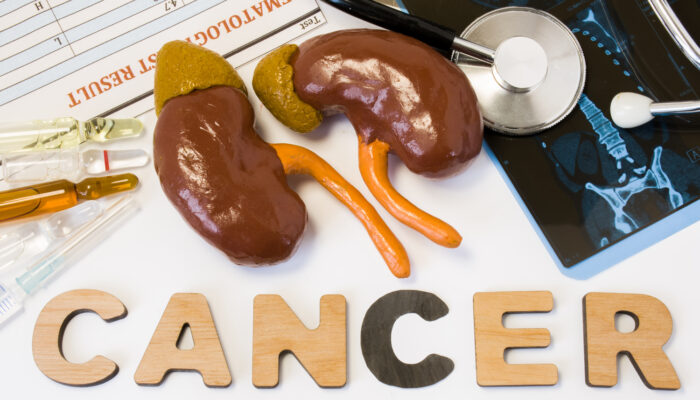
Crohn’s Disease Early Warning Signs
Crohn’s disease is a form of chronic inflammatory bowel disease (IBD) that is estimated to impact around 3 million people in the United States alone. Although there are no known causes of the disease, there are genetic and environmental factors that are believed to play a role. While things like stress and diet may make the symptoms worse, they have not been shown to cause Crohn’s.
An early diagnosis can improve the prognosis of patients, which is why it’s important to recognize the early symptoms of Crohn’s, so it can be treated before the inflammation becomes too widespread and damaging. Here are a few Crohn’s initial symptoms to look for:
1. Diarrhea
While Crohn’s may sometimes cause constipation, one of the most frequent early symptoms that can be identified is chronic diarrhea. It is normal to pass loose stools sometimes, it should not be happening on a regular basis. Other illnesses such as irritable bowel syndrome can also cause chronic diarrhea and it is important to determine the actual cause so that the proper treatments may be given. It’s important to take caution when using over the counter medications to treat diarrhea as they could eventually lead to dangerous blockages.
2. Abdominal pain and cramping
The pain caused by Crohn’s early symptoms can range from uncomfortable to debilitating depending on the level and location of the irritation. The pain from the disease is often why patients decide to seek medical care for their symptoms. It’s important to note that most NSAIDs such as ibuprofen and aspirin can worsen the symptoms of Crohn’s Disease and potentially cause additional ulceration due to their mechanisms of action. Because of this, it is recommended that acetaminophen be taken to alleviate some of the pain caused by the illness.
3. Rectal pain or bleeding
Bleeding can occur from anywhere in the digestive tract and when this happens it can sometimes be seen in stools. Blood from higher in the digestive tract appears darker in the stool than when the source is closer to the anus. Hemorrhoids can also be the cause of blood and pain in the rectum and are caused by the straining and irritation from frequent bathroom trips. In most cases, the bleeding caused by Crohn’s Disease doesn’t require more than some rest and an iron supplement, but it can sometimes require a blood transfusion after causing severe anemia.
4. Weight loss
The inflammation caused by Crohn’s disease can lead to absorption issues. This means that patients are not able to get much of the nutrition from the things that they eat and drink as healthy people do. This can lead to sometimes alarmingly rapid weight loss. To counter this, it is important to take a daily multivitamin and other supplements like iron, calcium, vitamins B, and D.



